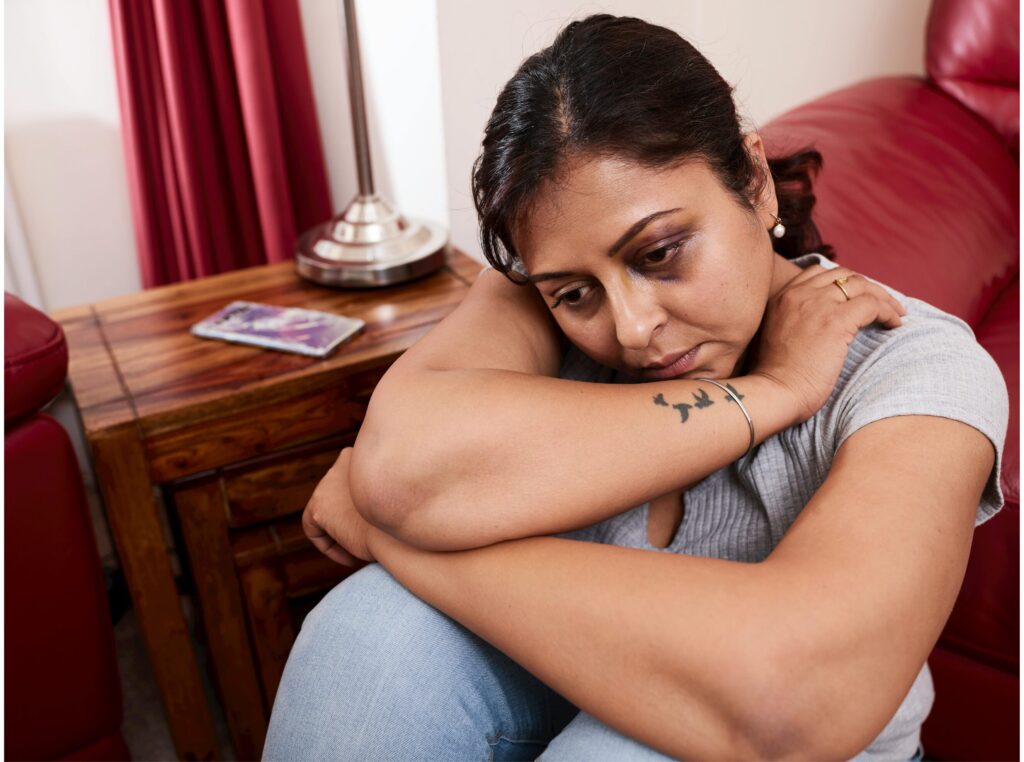
Photo by Maria Geller from Pexels
If you believe you deserve everything you desire, why settle? People often settle due to fear, a scarcity mindset, low self-esteem, and the desire for instant gratification. Instead of settling, know that you are worthy of having what you want, have faith that what you want is possible, take action to get what you want, and wait for what you want to show up.
Fear of Change
One of the reasons that people settle is because of fear. Some people stay in relationships that are unhealthy because they are afraid of being alone. Some people remain at unfulfilling jobs because they are afraid of uncertainty. Some people do not follow their dreams because they are scared of failing. It is natural to fear change. But change is often needed to get to where you want to be. Instead of being afraid, have faith that what you want is possible. You can have better relationships. You can have a job that you love. You can fulfill your dreams.
Scarcity Mindset
A scarcity mindset might be another reason people settle. You might believe having something is better than having nothing. Settling for less than what you deserve only reinforces the belief that you are not worthy of what you want. Self-limiting beliefs prevent us from having what we want. It can also lead to disappointment and regret. Rather than having a scarcity mindset, develop an abundance mindset. There are enough opportunities to go around. No one can take away what belongs to you. If it is for you, you will receive it.
Low Self-Esteem
Another reason that people settle is because of low self-esteem. When someone has low self-esteem, they don’t believe they can have what they want. Subsequently, they accept less than they deserve because of their low self-worth. Your self-worth is innate. You are a human being, and that alone makes you worthy. Whether they are goals, dreams, relationships, or opportunities, remember that you are worthy of what you desire. Once you know you are worthy, have the patience to wait for what you want instead of accepting whatever shows up.
Instant Gratification
Instant gratification is another reason people settle. It might initially feel great to settle for a casual relationship instead of waiting for a deeper connection. It may initially feel great to stay at a job you are comfortable at instead of starting your own business. It may initially feel great to splurge on shopping instead of saving for a down payment on a house. The problem with instant gratification is that it only fulfills you in the short term. Instead, consider delayed gratification. Be willing to make decisions that are hard in the short term but pay off in the long run. It might take longer to fulfill a particular desire, but it is often worth the time and effort.
Final Thoughts
You might have a dream that you have been thinking about pursuing or desire for a fulfilling relationship. Whatever you want, know that you are worthy of having it, have faith that what you want is possible, take action, and wait for what you want to show up. Do not give into fear or impatience while pursuing your desires. What is for you is coming, and it is worth the wait.



